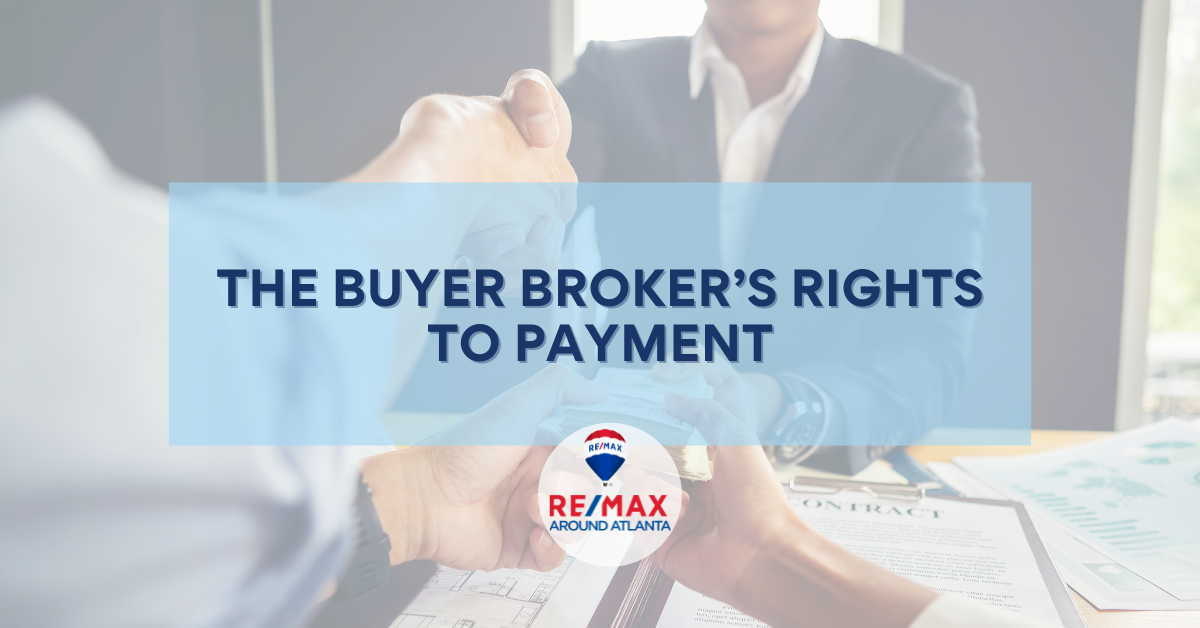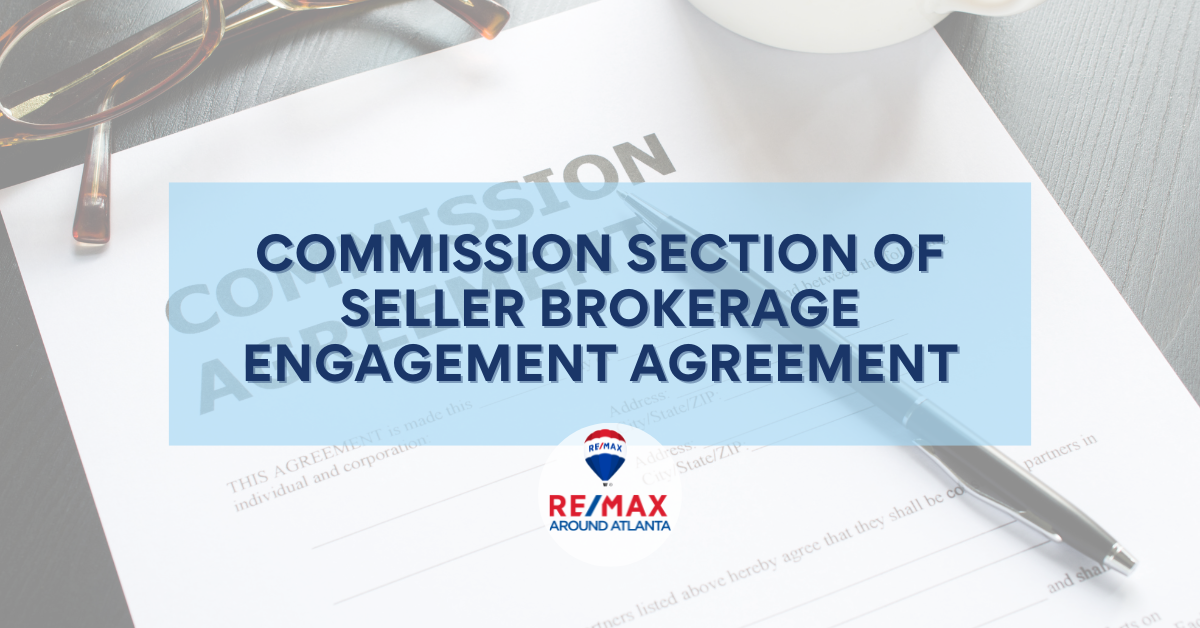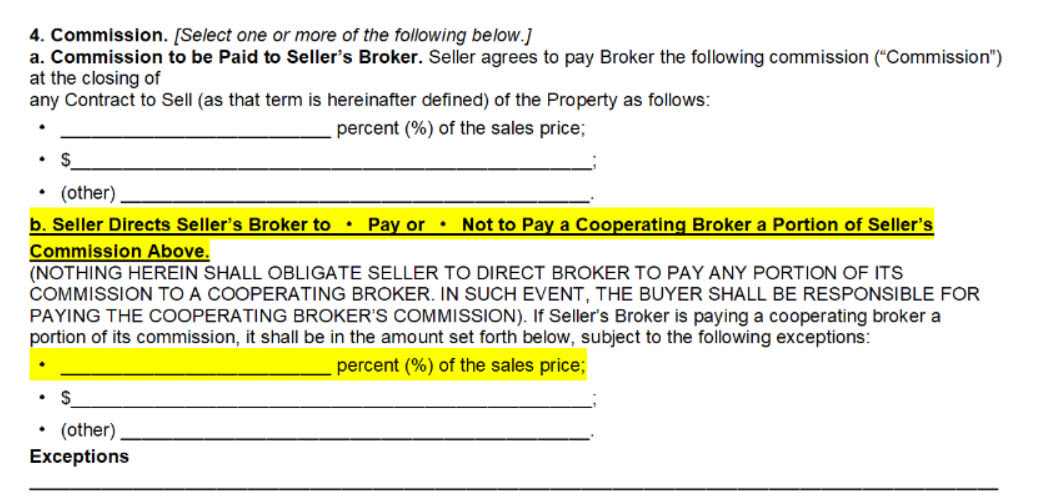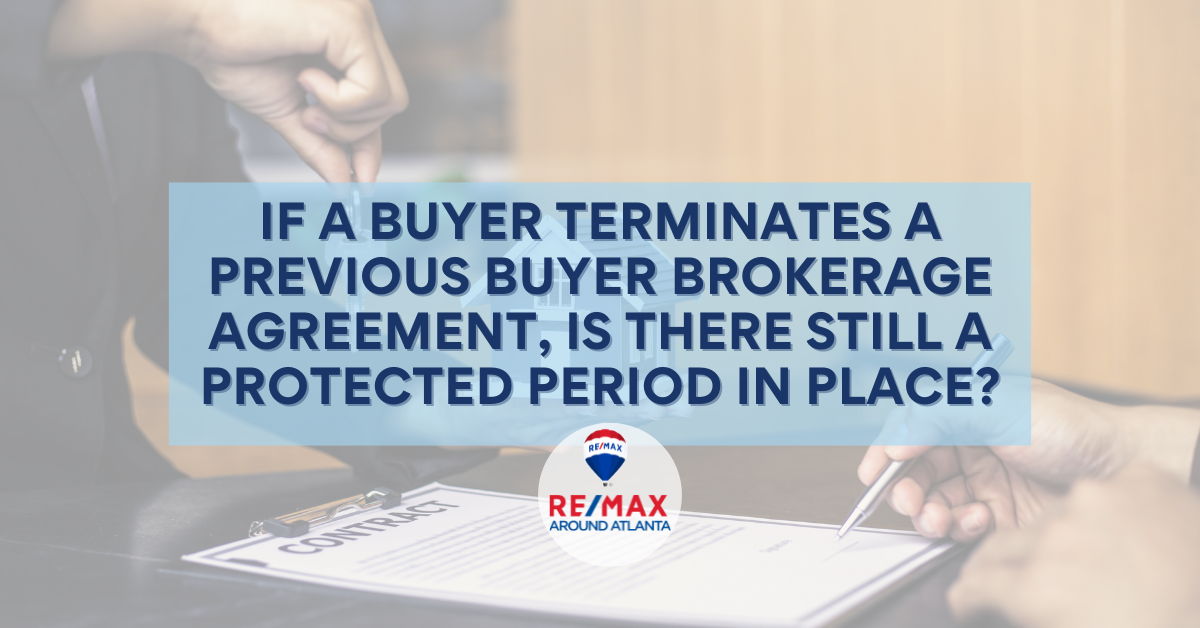|
Listing content fuels the real estate industry and displaying photographs of real properties online is now a vital part of the real estate professional’s marketing plan. Sellers use photographs to market properties, and buyers rely on those images to select which properties to visit. MLSs distribute property listings through proprietary databases that include the listing photographs. Moreover, MLSs in turn often license their property listing databases, including broker-provided photographs, to third-party portals, such as realtor.com®, and other websites and vendors.
Improper use of listing photographs, however, can create legal problems for agents, brokerages and MLSs. Authorship and ownership of photographs within the real estate industry is “fractured”. Who authored the photograph and who can use what photograph and in what way varies across the industry. Listing photographs may be taken by homeowners, real estate agents, MLS or brokerage employees, or professional photographers. Photographs may be owned or licensed to different parties in a variety of ways. A misunderstanding of how you may use the photographs for property listings could make you vulnerable to a copyright lawsuit. It is crucial to know what rights you own in photographs and how those rights permit you to use the photographs. To reduce your risk of copyright infringement, you should:
Work for Hire Agreement: This sample agreement provides that the commissioned photographs are a “Work for Hire”, which means the commissioning party is the automatic owner of the photographs from their creation. Assignment Agreement: In this sample agreement, the photographer assigns all right, title and interest in the photographs to the broker. Exclusive License Agreement: A photographer may want to retain its ownership of the photographs. In this sample agreement, the photographer grants the broker an exclusive license to display and distribute the photographs in connection with the real estate industry. Full article by NAR with sample agreements online at http://www.realtor.org/law-and-ethics/who-owns-your-property-photos
0 Comments
Situation:
Broker A has a valid Buyer Brokerage Agreement with an individual Buyer. Broker A and the Buyer view a property together with Broker B, representing the Seller. The Buyer submits an offer on the property, but withdraws it before the offer is accepted. Later, while the Buyer Brokerage Agreement is still in effect, Buyer crates an LLC with a partner and submits a 2nd offer to purchase the same property. The Buyer’s Broker is not included in the new transaction. The transaction closes with the new LLC, of which the Buyer is a Member. The Buyer is at the closing and signs the security deed. Questions:
Buyer as a Legal Entity and Commission Owed to Buyer’s Broker The Buyer Brokerage Agreement at paragraph 7(f) includes the Buyer as follows: "Any legal entity in which buyer or any member of Buyer's immediate family owns or controls, directly or indirectly, more than ten percent (10%) of the shares or interest." Where the buyer changes its legal entity to another either to avoid its obligation or innocently, the Buyer is still obligated on a Buyer Brokerage Agreement that is still in effect. No, the Buyer cannot avoid its obligation to the Buyer’s Broker by changing its legal entity so long as the Buyer owns more than 10%. And yes, the Buyer continues to owe a commission to the Buyer’s Agent. It may take legal action to recover the commission, but it is owed. The Listing Agent’s Obligations REALTORS® have an affirmative obligation to ask prospects whether they are a party to any exclusive representation agreement and may not knowingly provide substantive services concerning a prospective transaction to prospects who are parties to exclusive representation agreements. In this case, the Seller’s agent was fully aware of the original buyer, having shown the property to the buyer previously, along with the Buyer’s agent. Even if the Seller’s agent thought the Buyer Brokerage has expired or was terminated, the listing agent should have investigated. Had he called the Buyer’s agent he would have learned that the Buyer Brokerage was still in effect. He violated both Georgia License Law and the REALTORS® Code of Ethics. (GA Code § 43-40-25 (14) and § 43-40-25 (26), REALTORS® Code of Ethics Standard of Practice 16-9) COMMISSION SECTION OF SELLER BROKERAGE ENGAGEMENT AGREEMENT To complete the commission section of the seller brokerage engagement agreement, it is required that one of the boxes is marked in paragraph 4.b. (highlighted below). This section should indicate if the Seller Directs Seller’s Broker to Pay or Not to Pay a Cooperating Broker a Portion of the Seller’s Commission. We are seeing this section left blank, but it needs to indicate one or the other. 4. Commission. [Select one or more of the following below.] a. Commission to be Paid to Seller’s Broker. Seller agrees to pay Broker the following commission (“Commission”) at the closing of any Contract to Sell (as that term is hereinafter defined) of the Property as follows: * __________________________ percent (%) of the sales price; * $__________________________________________________; * (other) _____________________________________________. b. Seller Directs Seller’s Broker to * Pay or * Not to Pay a Cooperating Broker a Portion of Seller’s Commission Above. (NOTHING HEREIN SHALL OBLIGATE SELLER TO DIRECT BROKER TO PAY ANY PORTION OF ITS COMMISSION TO A COOPERATING BROKER. IN SUCH EVENT, THE BUYER SHALL BE RESPONSIBLE FOR PAYING THE COOPERATING BROKER’S COMMISSION). If Seller’s Broker is paying a cooperating broker a portion of its commission, it shall be in the amount set forth below, subject to the following exceptions: * __________________________ percent (%) of the sales price; * $__________________________________________________; * (other) _____________________________________________. Exceptions _____________________________________________________________________________________________ Section 4.d in the GAR buyer brokerage engagement agreement lays it out. The Protected Period is the period of time commencing upon the expiration or earlier termination of this Agreement by Buyer in writing during which Broker shall be protected for its Commission. The Protected Period is the number of days remaining on what would have been the original agreement as of the date the Buyer terminates the Agreement plus the number of days set forth as the Protected Period in Section 4.d of the buyer brokerage engagement agreement.
The GAR Exclusive Buyer Brokerage Engagement Agreement provides that the broker is entitled to a commission, if the buyer purchases or contracts to purchase, for a period of time after the termination or expiration of the brokerage agreement, a property identified or shown to the buyer by the broker or about which the broker provided information to the buyer during the brokerage agreement. While the terms “identified” and “shown” are not defined, the terms were intended to protect brokers in situations where the buyer learned of the property through the broker’s efforts. The language allowing a broker to collect a commission if the buyer purchased property based on information the broker provided to the buyer accomplishes the same goal. As such, it is not required that the broker actually show the property to the buyer, provided that the broker has taken other reasonable steps to make the buyer aware of the property. Verbiage from the GAR Buyer Brokerage Engagement Agreement: 4.d The Protected Period shall be the period of time set forth in this Agreement commencing upon the expiration of this Agreement or what would have been the expiration of this Agreement had it not been unilaterally terminated by Buyer during which Broker shall be protected for its Commission and/or Leasing Commission, as applicable. There shall be no Protected Period if Buyer and Broker mutually terminate this Agreement. In the event Buyer enters into a Contract to Purchase or lease, lease to purchase or lease with an option to purchase of real property which, during the term of this Agreement or what would have been the term of this Agreement had it not been unilaterally terminated by Buyer, was shown to Buyer by Broker, either virtually or in person, or which Buyer otherwise visited ("Protected Properties"), then Buyer shall pay Broker at closing or prior to the commencement of the lease the Commission and/or Leasing Commission, as applicable, set forth above. |
RMAAReal Estate News, Brokers Blog & More Categories
All
Archives
July 2024
|






 RSS Feed
RSS Feed